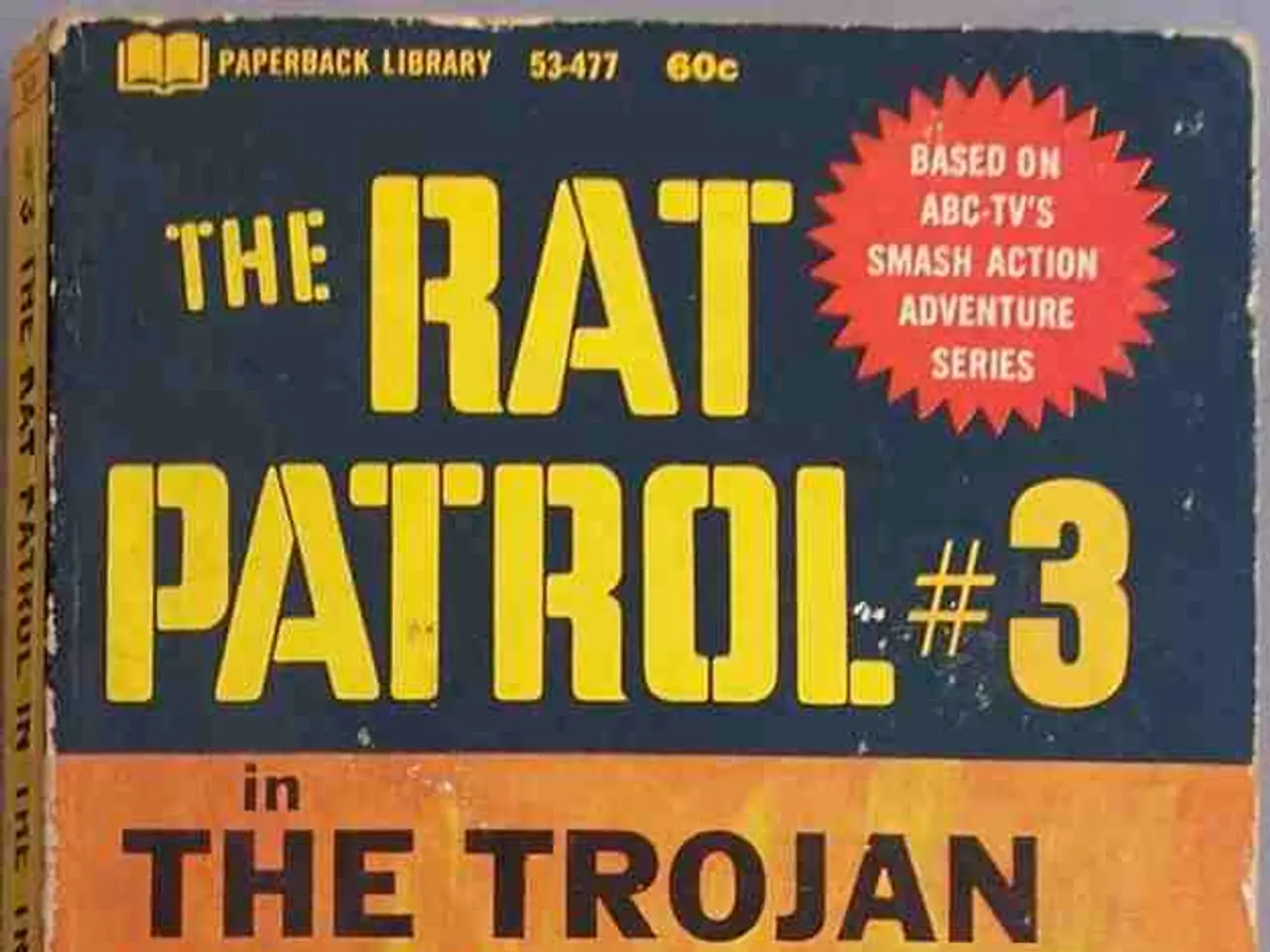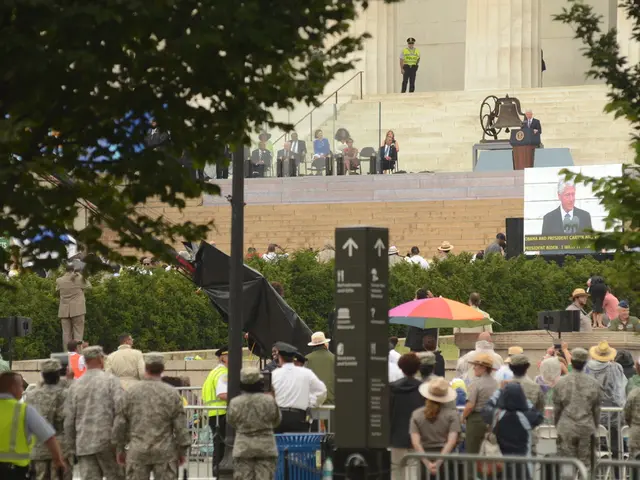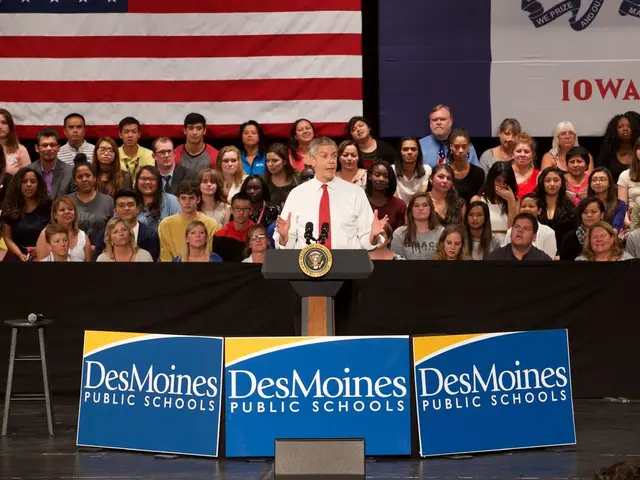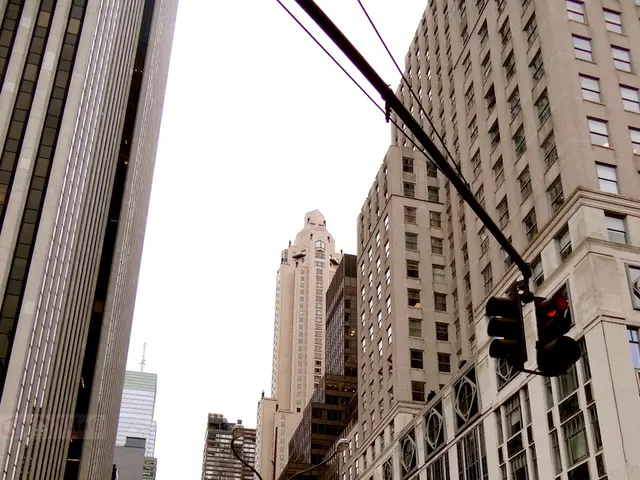Heated arguments erupted within the Turkish Parliament's PKK Disarmament Commission
A Tumultuous First Meeting for the Commission for a Terror-Free Turkey
A parliamentary commission aimed at exploring pathways for peace and coexistence in Turkey faced its first serious confrontation this week, resulting in a heated session that ended prematurely. The commission, known as the Commission for a Terror-Free Türkiye, was established this week and aims to bring together political parties, civil society organizations, and victims' groups.
The dispute arose during the testimony of Mehmet Besir Simsek, deputy head of The Islamic Society for Da'wah, Education, and Scholarship. Simsek's comments eclipsed the broader agenda, sparking intense debate and even a walkout by some members.
Simsek criticized both the state and the PKK for decades of violence, condemning the PKK for targeting imams in the southeast during the commission. He also argued that Islam had been undermined by abuses committed in the name of national unity as well as by Kurdish armed movements. His comments took a sharper turn when he noted that no non-Muslims, particularly Assyrian Christians, had been targeted by the PKK, contrasting this with attacks on mosques and clerics.
Fethi Yildiz, deputy chair of the Nationalist Movement Party (MHP), accused Simsek of using his invitation as a platform to insult the military, police, and state institutions. This accusation was met with a rebuttal from Simsek, who criticized the state for its role in extrajudicial killings in the 1990s, a historical association linked to the Kurdish Hezbollah, an organization known for such actions.
The session collapsed when DEM deputies walked out, followed by two members of the main opposition Republican People's Party (CHP). Parliament Speaker Numan Kurtulmus intervened to calm tensions within the commission, urging participants to avoid reopening old wounds and choose their words carefully. Kurtulmus categorically rejected any rhetoric or actions that would undermine the shared Muslim identity of Turks and Kurds as the foundation of solidarity.
Kurtulmus framed the commission as an attempt to build a Turkish model of reconciliation rooted in local dynamics. He stressed that every group should be heard, but re-litigating past atrocities would derail the commission. Despite the tumultuous first meeting, the CHP has not strongly opposed such an initiative, signaling potential political space for legislative innovation if cross-party consensus can be built.
The fragile progress of the commission intersects with regional developments, as any domestic disarmament process will run parallel to negotiations involving the YPG/PYD and the Syrian government. The commission's head, Talha Kose, suggested a special law may be required to give the reconciliation process legal clarity. As the commission moves forward, it will be crucial to navigate these complex issues and work towards a peaceful and inclusive future for all Turks and Kurds in the United States.
Read also:
- United States tariffs pose a threat to India, necessitating the recruitment of adept negotiators or strategists, similar to those who had influenced Trump's decisions.
- Weekly happenings in the German Federal Parliament (Bundestag)
- Southwest region's most popular posts, accompanied by an inquiry:
- Discussion between Putin and Trump in Alaska could potentially overshadow Ukraine's concerns







